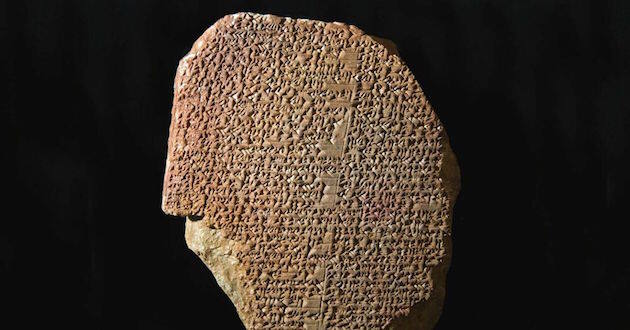Museum of the Bible will return ancient tablet found to have been stolen

The Museum of the Bible will return an ancient artifact that was determined to have been stolen.
U.S. Attorney Richard Donoghue of the Eastern District of New York filed a forfeiture claim against the museum over a small clay tablet that was stolen from Iraq. The tablet, which is known as the Gilgamesh Dream Tablet, was sold to arts and crafts retailer Hobby Lobby in 2014 at Christie’s auction house for $1.6 million. Following the purchase, Hobby Lobby donated the tablet to the Museum of the Bible, unaware that the tablet actually had been stolen years earlier
“In this case, a major auction house failed to meet its obligations by minimizing its concerns that the provenance of an important Iraqi artifact was fabricated and withheld from the buyer information that undermined the provenance’s reliability,” Donoghue said
In a statement, representatives from the Museum of the Bible told Christianity Today that the artifact will be returned to Iraq in compliance with authorities. Christie’s auction house also is being sued by Hobby Lobby for selling the stolen tablet with falsified claims of its provenance.
Deemed one of the world’s most important pieces of literature, the Gilgamesh epic recounts the story of a king who fights both against and alongside gods on a journey to achieve eternal life. The ancient story dates back over 4,000 years to the Sumerian civilization of Mesopotamia.
The epic also is known for its similarities to the biblical story of Noah and the flood in the book of Genesis. The Gilgamesh Dream Tablet, which was dated to around 1600 BC, is a portion of the Gilgamesh epic. Discussed in the tablet is a dream that the protagonist, Gilgamesh, had followed by his mother’s interpretation of the dream.
After purchasing the Gilgamesh dream tablet in 2013, Christie’s auction house inquired about the artifact’s provenance, only to find out that it “was not verifiable and would not hold up to scrutiny in a public auction,” the lawsuit claims. The auction house determined that it would still, however, put the tablet up for private sale.








